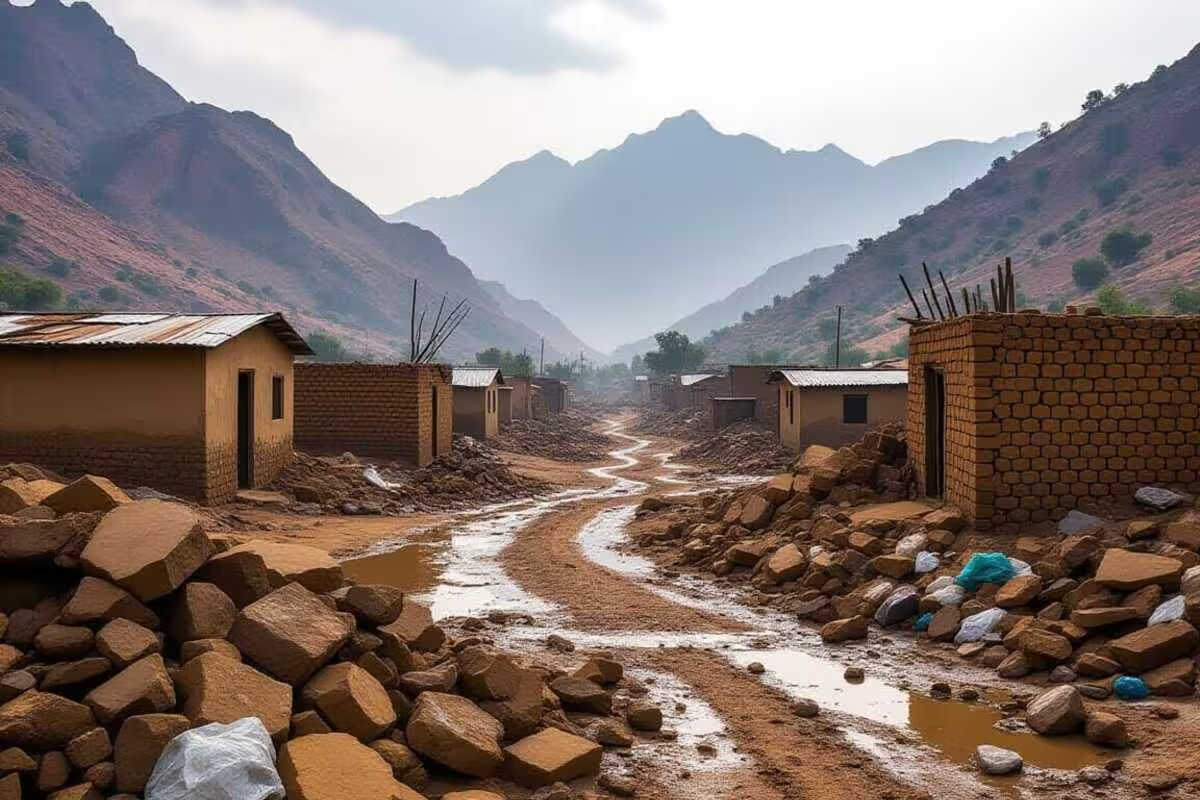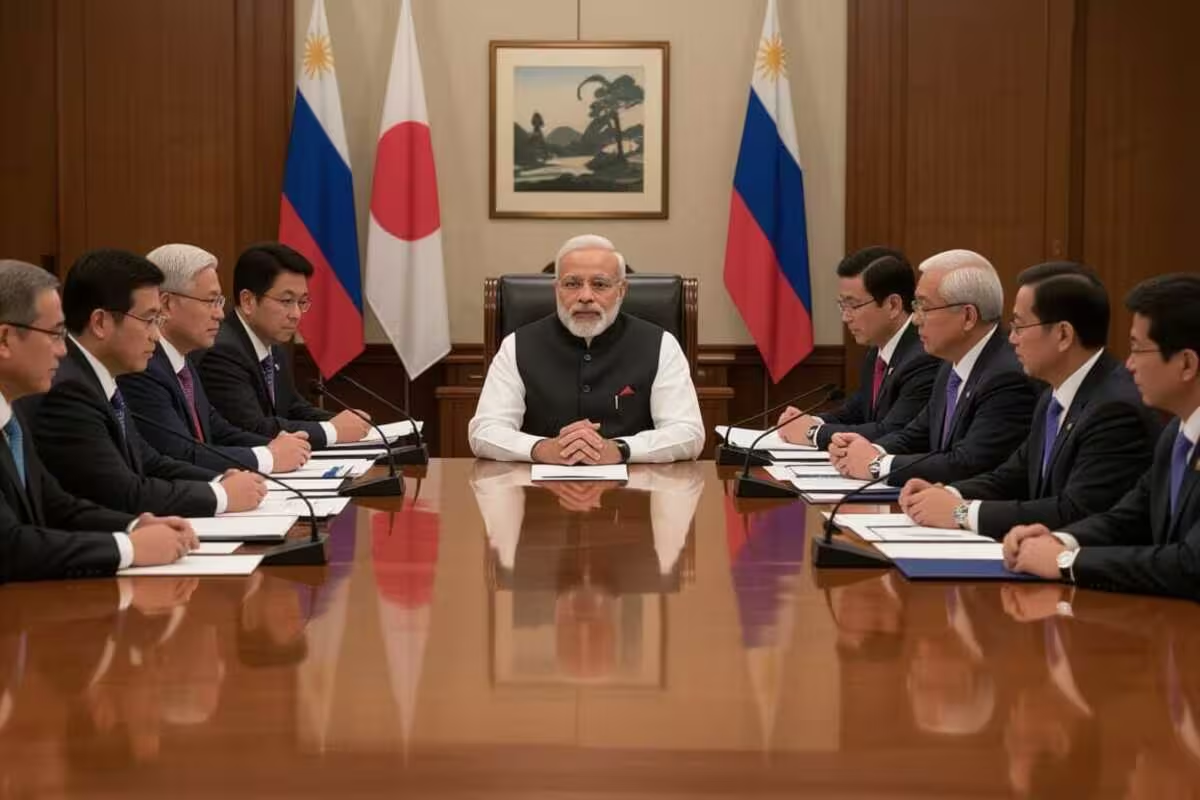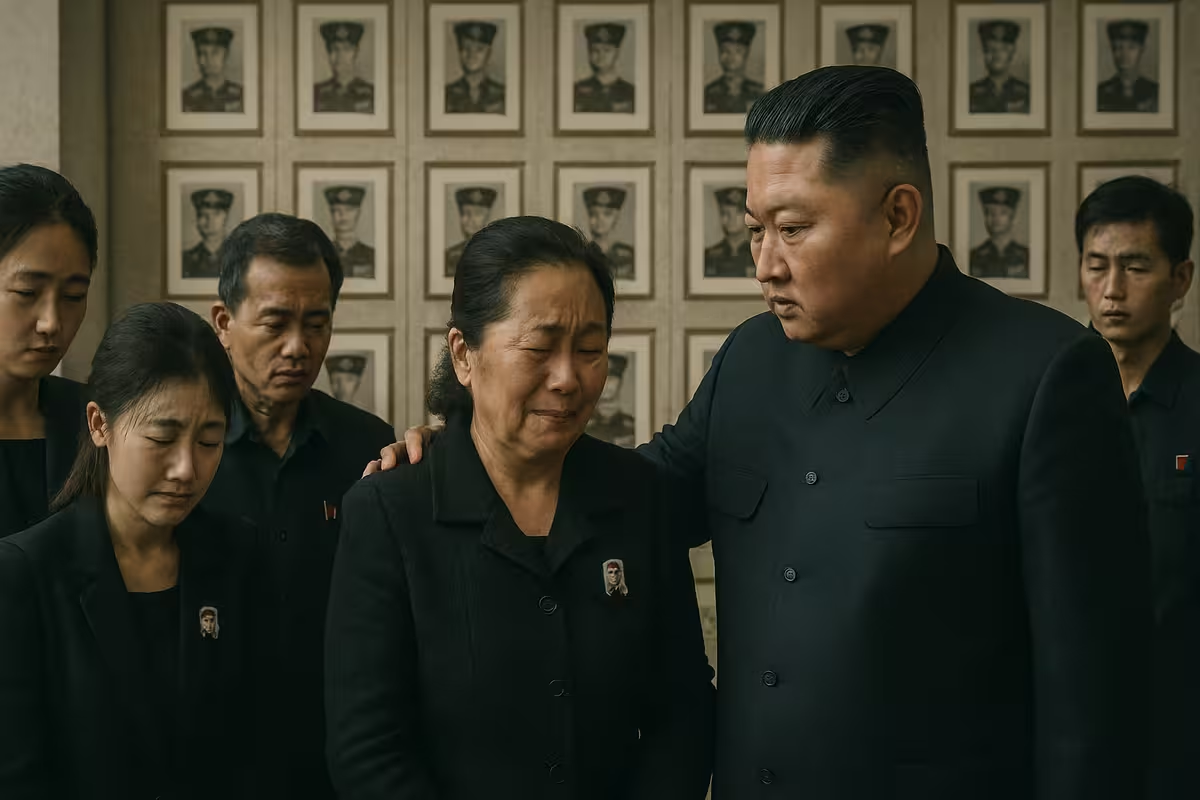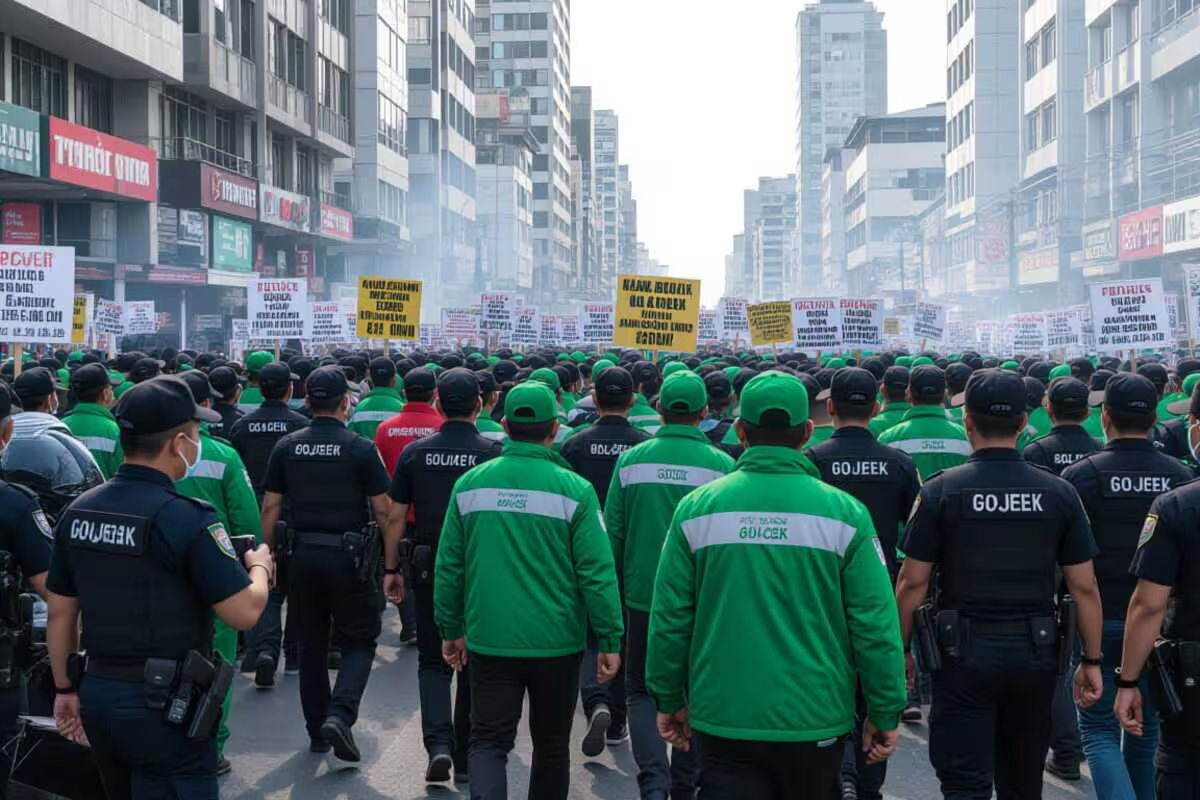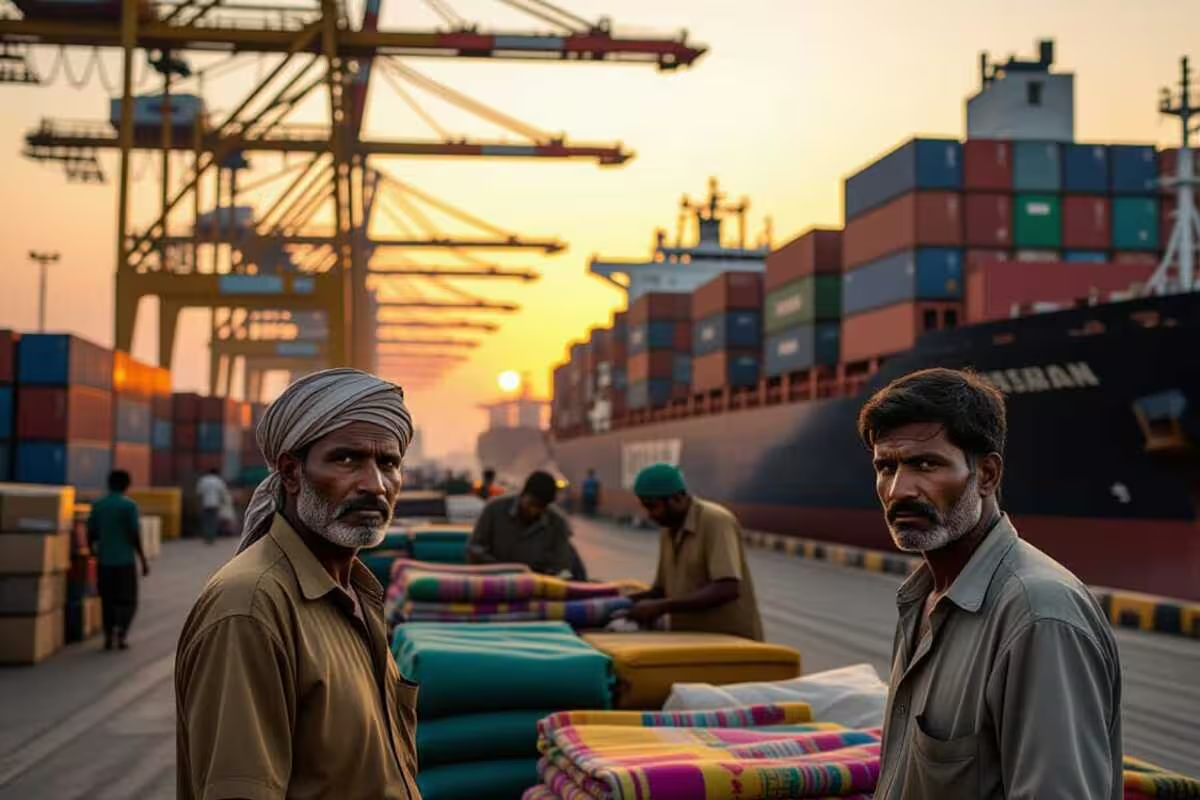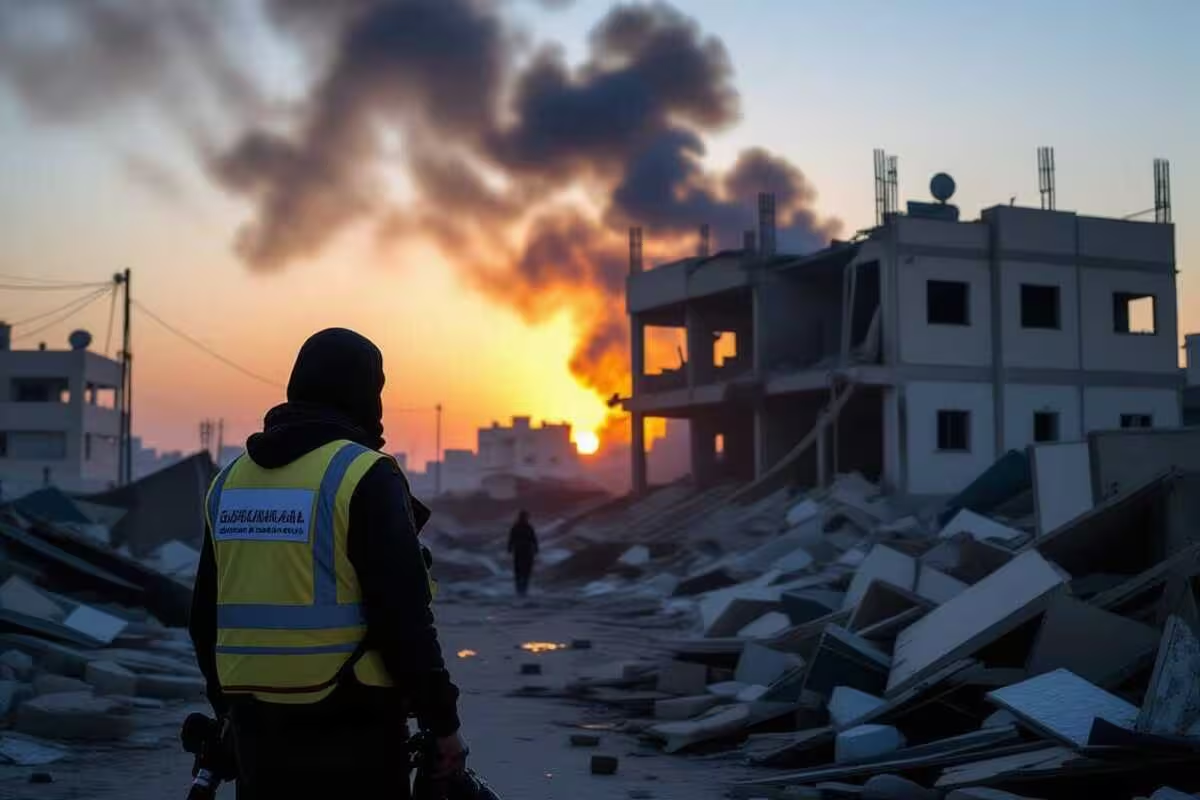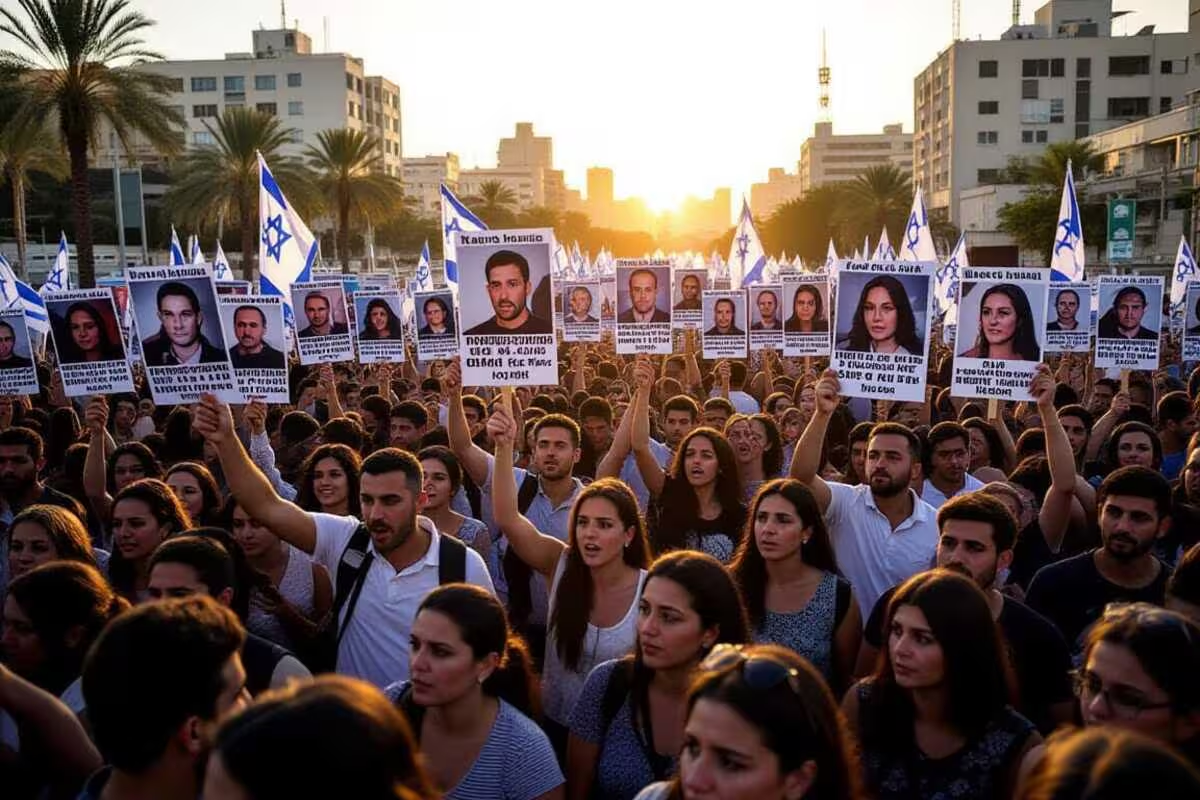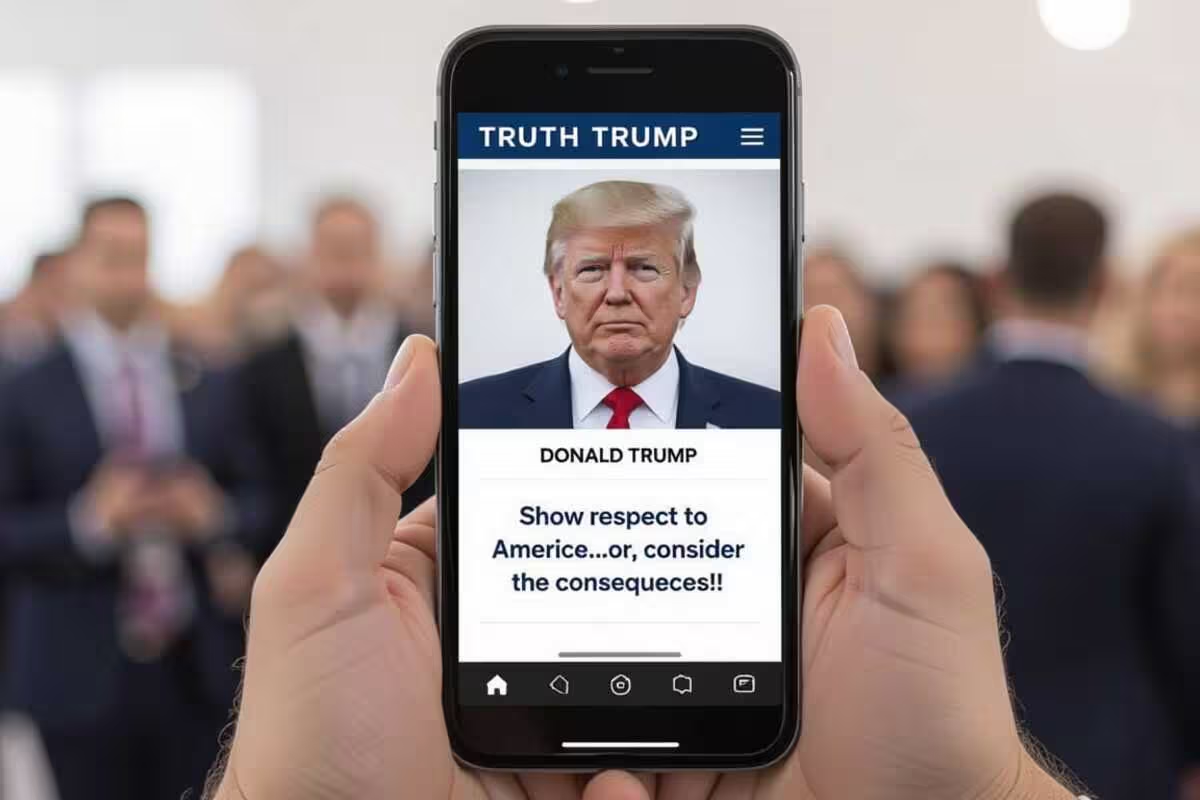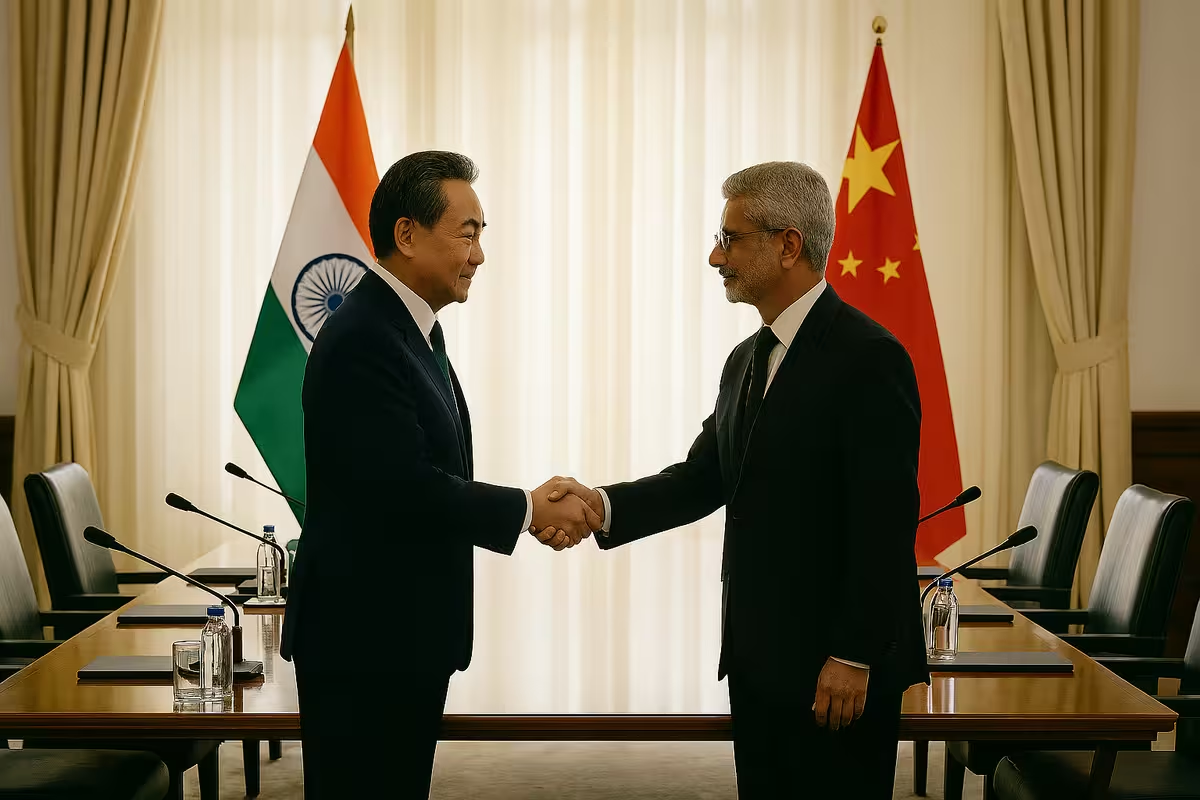PM Modi Urges BRICS Nations to Prevent ‘Weaponization’ of Critical Minerals and Technology
RIO DE JANEIRO, Brazil—July 7, 2025: Indian Prime Minister Narendra Modi today urged the BRICS nations to ensure that critical minerals and technology are not weaponized or used for “selfish gain” by any single country. Speaking at the 17th BRICS summit in Rio de Janeiro, Brazil, Modi underlined the necessity of secure and reliable supply chains for these vital resources—a clear nod to growing global anxieties about China’s dominance in the critical minerals space.
Secure and Reliable Supply Chains
During a session on strengthening multilateralism, the economy, and Artificial Intelligence (AI), PM Modi expressed, “We need to work together to make supply chains for critical minerals and technology secure and reliable. It’s important to ensure that no country uses these resources for its own selfish gain or as a weapon against others.” His comments acquire further significance against the backdrop of Chinese export restrictions on rare earth minerals, which have caused disruption of supplies worldwide for advanced technologies and security sectors. At present, China has control over approximately 90-95 percent of the world’s rare earth processing capacity.
Geopolitics of Critical Minerals
Lithium, cobalt, nickel, and other rare earth elements are, by definition, critical for EVs, renewable energy systems, electronics, and defense equipment. Concentrated supply chains and rising demand have made them a geopolitical flashpoint. Modi’s comments come shortly after the Quad (US, India, Japan, and Australia) established its own Critical Minerals Initiative for the diversification and security of supply chains, with the aim of reducing reliance on any one nation and preventing economic coercion.
Other Core Discussions at the Summit
Beyond critical minerals, Prime Minister Modi addressed some other important subjects during the summit. He called for wide-ranging reforms of global governance organizations like the World Bank, WTO, IMF, and United Nations Security Council so that they reflect the realities of the 22nd century better and provide a loud voice to developing countries. He also focused on technology cooperation and AI; he announced that India would hold the “AI Impact Summit” next year to help facilitate the international dialogue on the application of AI. Modi called for responsible AI and global standards to authenticate digital content.
BRICS Role and Future Prospects
The 17th BRICS Summit, consisting of the leaders of Brazil, Russia, India, China (represented by Premier Li Qiang in the absence of President Xi Jinping), South Africa, and the newly expanded members, namely Egypt, Ethiopia, Iran, and the UAE, had been focused on the transformation of the grouping into a steering force of the multipolar world. Modi reiterated India’s commitment to the “Global South” and announced that under India’s BRICS presidency next year, the acronym will be redefined as “Building Resilience and Innovation for Cooperation and Sustainability.” The summit rounded off with the adoption of the “Rio de Janeiro Declaration.”




